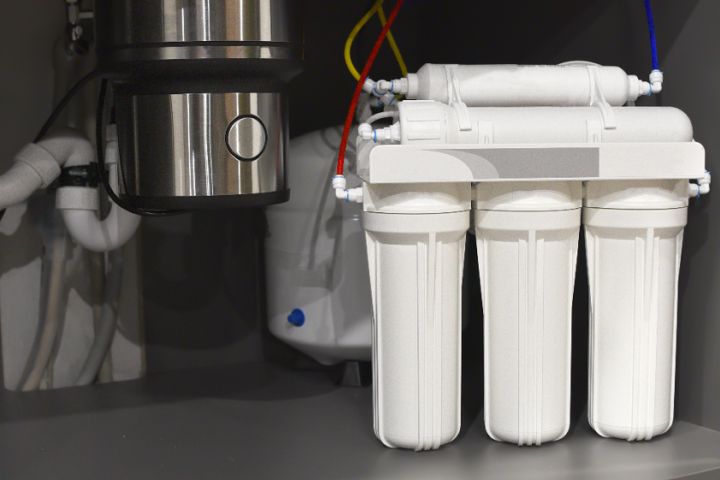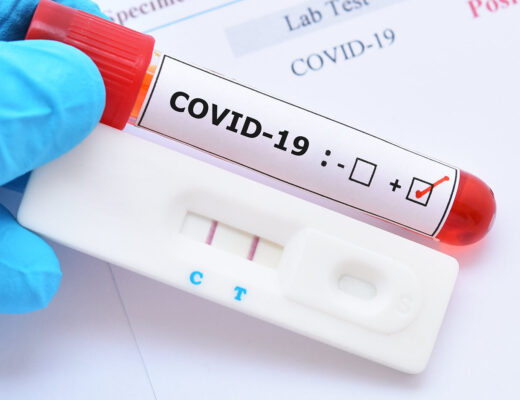Filtered water is popular, and there’s good reason for that. The truth is that much of the water we drink is seriously contaminated with many substances which, over time, can cause serious health problems.
For example, the water can becontaminated with all sorts of substances, depending on where your home is located.In the southwest, you could be looking at arsenic poisoning; any home with old lead plumbing could be poisoning its inhabitants with lead (no laughing matter, given the link to brain disease). And wherever there are large agricultural areas making use of pesticides and fertilizers, these can find their wayinto the water you drink.
Filtered water is water which has had these contaminants removed.Health product suppliers Synergy Science produce bottled filtered water and report that this dissatisfaction with much municipal water is indeed one of the things that drives interest in their products. Of course, another popular option is filtering water at home, and this can be done with many types of filters.
Why Filter?
Before going on to what those filters arethough, it might be wise to take a look at why you should actually filter your water. We have touched on the risk on contaminants above, and that is indeed the primary reason you should. However, it is important to understand “contaminants” a bit better as not all of them are bad.
Water, except in cases of distilled and purified water, is never free of contaminants. The point is that these contaminates are not bad for you. The minerals in mineral water are technically contaminants; hydrogen water is technically contaminated with diatomic hydrogen; good tap water will contain many good metals – such as magnesium – along with the bad ones.
To reap greater health benefits from the water you drink, it is a good idea to keep some of these good contaminants in there. However, when the bad outweighs the good (as it often does) filtering water is a good idea.
Different Filters
Here follows the main types of home water filters in use today.Knowing about what is available is the first step to deciding which one is right for you.
Activated Carbon
Activated carbon is carbon which has been filled with lots of tiny holes and depressions. This dramatically increases the surface area of the carbon, which means more surface area for contaminants to stick to and therebybe removed from the water. It is great for the removal of chlorine, chloroform, agricultural chemicals, organic substances, sediment, and magnesium.
Ion Exchange
Ion exchange filters work by exchanging ions (charged particles) in the water with other ones. It is good for doing something about water hardness because it will replace magnesium and calcium ions with sodium ones. This softens the water.
Reverse Osmosis
This is one of the most common home water filters and you have probably heard of them if you’ve ever taken a cursory look at what’s available. Reverse osmosis filtration works by forcing water (at pressure) through a semi permeable membrane. This is one of the few filters that can remove totally dissolved substances from the water.
This makes it great for getting rid of toxins like fluoride, arsenic, nitrates, copper, and many more. All these contaminants are common in many areas of the U.S., making reverse osmosis filters one of the most popular.
Ultimately, your best bet for making the right choice is to see what the biggest contaminant risk in your area and going with the filter which most effectively deals with that. Do a bit of research, make an investment, and start drinking better water.




